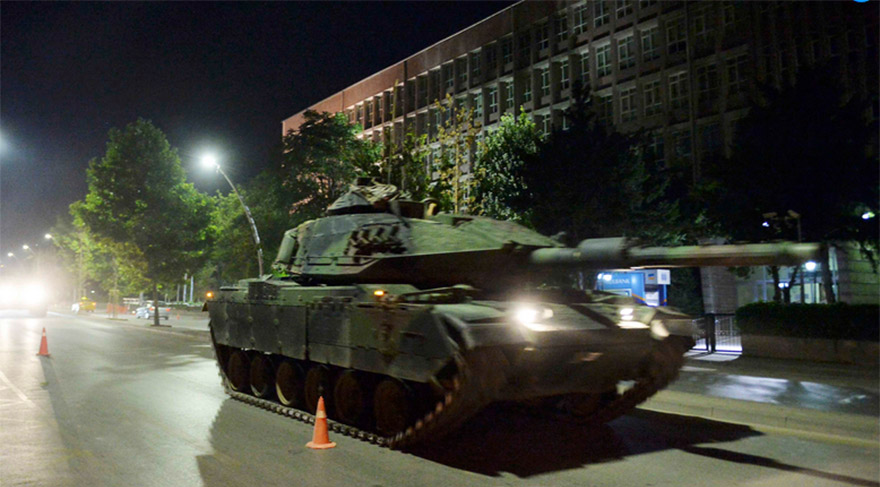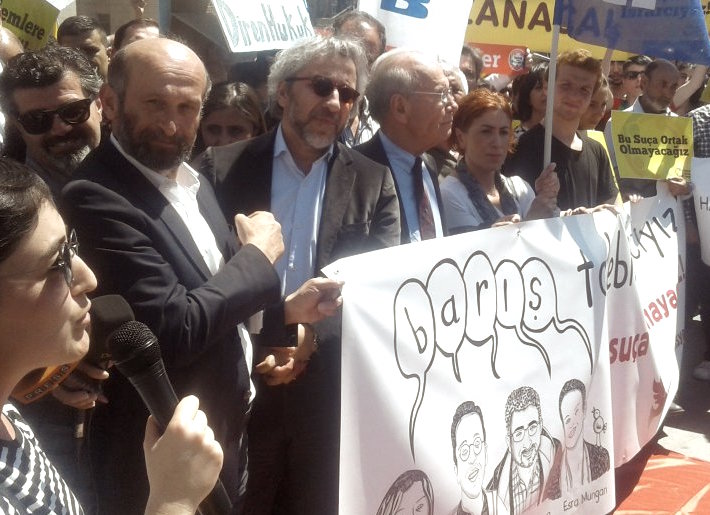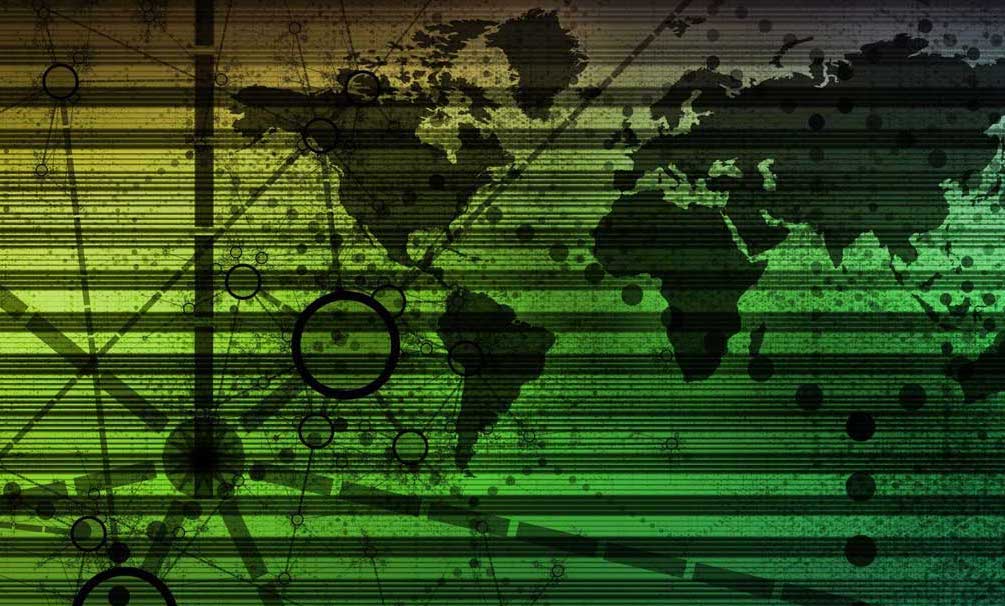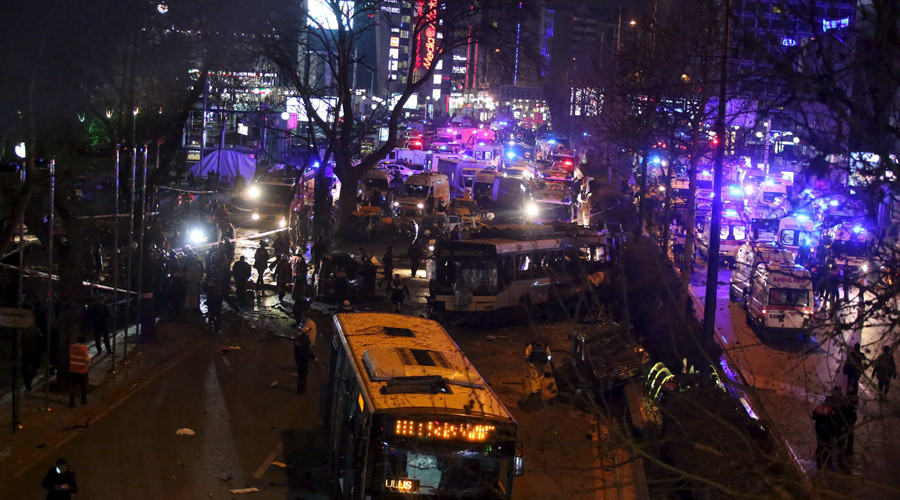Turkey has outlined plans to divide its MIT intelligence unit into separate foreign and domestic agencies, part of a reform intended to support the country’s proposed transition from a parliamentary to a presidential democracy headed by President Recep Tayyip Erdoğan.
The switch-up, detailed in a newly finalised draft, will go some way to answering the President’s calls for greater surveillance powers to keep track of opposition groups in the country following a failed coup d’état in mid-2016 which killed hundreds and triggered the widening of a crackdown on civil society groups, academics and journalists.
Intended to modernise Turkey’s intelligence capabilities and allow for closer inter-agency integration, the new structure will more closely resemble that of the US and UK intelligence networks.
Under the plans, MIT will be left in charge of international intelligence gathering, adopting a role similar to the CIA or MI6, while signals intelligence, including surveillance and domestic monitoring, will be headed by a new National Security Directorate, which will also oversee gendarmerie and local police forces, taking up a role similar to Mi5.

In the case of a switch to a presidential system expected in 2017, the agencies are to be placed under direct control of the presidency; if Turkey chooses to retain its parliamentary system, the organisations will instead answer to the office of the Prime Minister.
Other key issues such as workplace diversity and equal opportunities policies in the formation of the new agencies are left unaddressed – in stark contrast with its western counterparts, Turkey’s intelligence community continues to suffer from relatively low representation for women, LGBTI individuals in leadership roles.
Domestic surveillance prioritised
In an impassioned speech August 2016, President Erdogan declared “We want to build a stronger intelligence capability to tackle the activities of this organisation,” as he swore to eliminate members of so-called “FETO” terror organisation, which the government alleges was behind the coup attempt.
The restructuring is expected to fulfil the leader’s goal to build a capacity to keep tabs on domestic opposition groups, particularly militant groups and members of outlawed organisations. Amongst those held suspect are former allies who have fallen out of favour, lawmakers belonging to Turkey’s third-most popular HDP political party, and administrators of Kurdish-run NGOs.
Turkey has a tradition of intolerance for criticism of its leaders, jailing those who offend the country’s founding father Mustafa Kemal Ataturk. Erdogan has greatly extended such policies to a point where they encompass many forms of critical speech including most criticism of his own office and policies.

The restructuring of intelligence teams will place Turkey’s Information Technologies and Communications Authority (BTK), which governs IT policy including internet regulation and censorship tasks, within the remit of National Security Directorate alongside Turkey’s signal intelligence organ.
The BTK itself took over internet governance duties from TIB, another government agency, as part of flash restructurings after staff at the organisation were implicated with the coup. As such, the new structure will combine internet and mobile communications regulatory powers with administrative powers used to monitor and restrict the online activity of citizens.
Turkey’s domestic intelligence community is believed to have played an instrumental role dealing with opposition groups in the months following the failed coup, allowing authorities to exclude or imprison tens of thousands of public sector workers based on their internet usage records and mobile instant messaging logs.
Data-driven policing has enabled authorities to make arrests based on internet surveillance data, which reveals web browsing habits and installed apps, without the need for costly investigations on a case-by-case basis.
The government is said to be using a points-based system to determine whether individuals may have repeatedly visited outlawed or unfavourable content, or may have used outlawed messaging services associated with opposition groups, hence relieving Turkey’s overburdened judicial system to a great degree as it deals with over 100,000 alleged collaborators.
However the arrangements enabling the ongoing crackdown in Turkey are not without their critics: human rights groups continue to voice concerns that suspects have not been offered due process, legal representation or means to appeal, amid credible reports of torture and abuse behind bars.

























